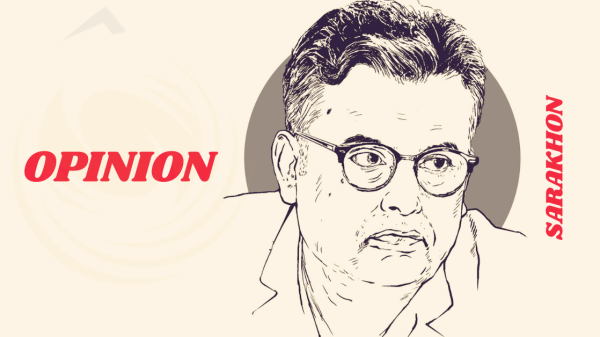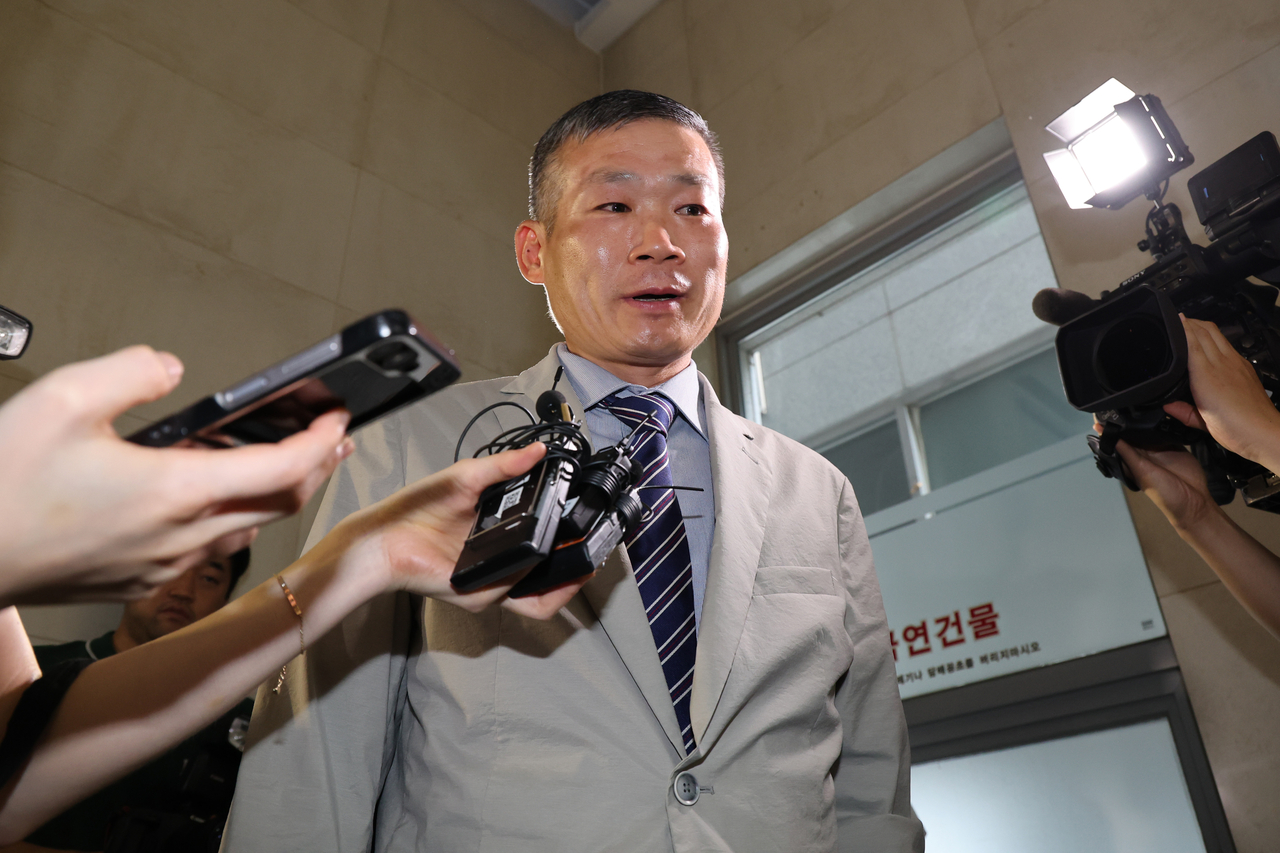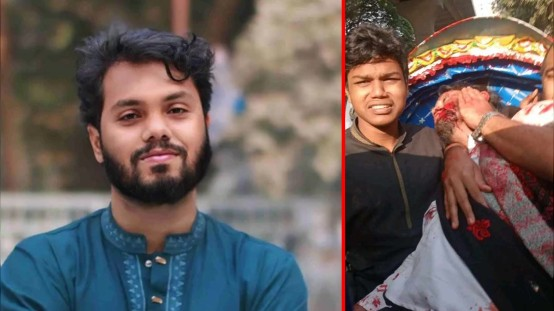UAE President Meets OpenAI CEO to Discuss AI Collaboration

Strategic goals and research priorities
The United Arab Emirates signaled another step in its push to become a global AI hub, as President Sheikh Mohammed bin Zayed Al Nahyan met OpenAI CEO Sam Altman in Abu Dhabi to discuss collaboration. State media framed the talks around building an “integrated AI ecosystem,” spanning research, talent development, and the practical deployment of generative models in public services and industry. The UAE has poured billions into data centers and sovereign-model initiatives, including a new Arabic-language system and partnerships to secure cutting-edge compute. Officials argue that the investment will support a knowledge-based economy while attracting top researchers and start-ups to the Gulf. Policy advisers said priorities include safe model testing, content moderation suited to local norms, and sector pilots in health, education, and logistics. The meeting also comes amid intensifying competition among nations to control AI infrastructure and reduce reliance on any single foreign supplier.
Capacity building and safeguards
Analysts say the UAE’s roadmap hinges on three pillars: reliable access to high-end chips and power, large-scale high-quality datasets, and regulatory certainty that balances innovation with safety. The country’s recent U.S. agreements on AI campuses and compute access aim to anchor capacity for years, while universities expand AI curricula to strengthen the talent pipeline. Industry executives point to opportunities in Arabic NLP, financial compliance tools, and multilingual customer support. Yet governance questions loom, from model bias and disinformation risks to cross-border data transfers and export controls. Officials have touted alignment with international safety principles and stress human oversight in sensitive deployments. For global tech firms, the UAE offers a test bed to localize products for Arabic-speaking markets; for the UAE, partnerships help accelerate adoption without ceding strategic control. The outcome, experts say, will be judged by measurable productivity gains across government services and by whether safeguards keep pace with rapid rollouts.






















